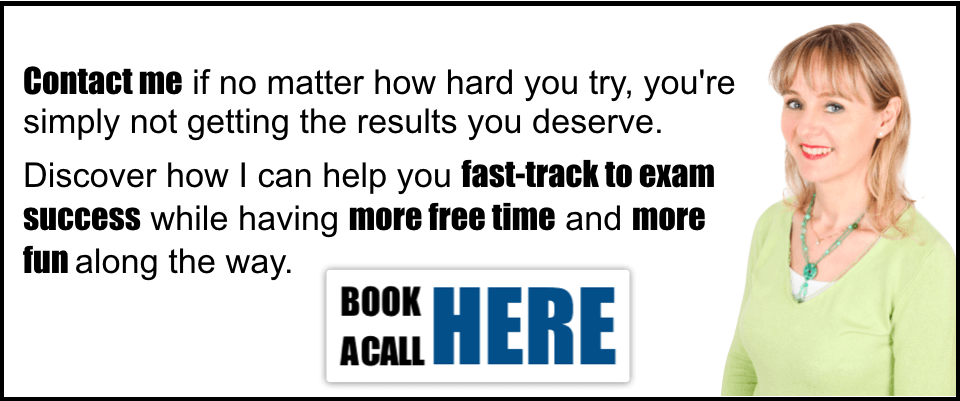Learning isn’t just about memorising facts; it’s about understanding deeply.
The Feynman Technique, developed by physicist Richard Feynman, revolutionises studying by making teaching a core part of the process. By explaining concepts to others, you solidify your understanding and uncover knowledge gaps. This method is powerful for mastering any subject, from languages to historical events.
What Is the Feynman Technique?
The Feynman Technique is a study strategy designed to help you gain a deep understanding of any topic. It consists of four steps: study, teach, identify gaps, and simplify. The method, pioneered by Nobel prize-winning scientist Richard Feynman, has found its way into popular culture and numerous articles on effective learning techniques.
Step 1: Study the Subject
Start by writing down everything you know about the topic. This exercise carves out the edges of your knowledge, revealing areas that need further exploration. Unlike static memorisation, this dynamic approach helps structure your studying and prioritises key aspects. For example, when learning about chess, categorise your knowledge into the history of the game, its rules, and strategic aspects.
Step 2: Teach the Subject
Teaching what you’ve learned is the heart of the Feynman Technique. It’s more effective to teach a real person, as this process will challenge your understanding. You’ll need to clarify concepts, unpack jargon, and answer questions, which helps reinforce your knowledge. Whether you’re teaching chess moves or explaining historical events, this interactive method reveals any gaps in your comprehension.
Step 3: Identify Knowledge Gaps
While teaching, you’ll inevitably encounter areas where your understanding is lacking. These knowledge gaps are crucial to identify, as they highlight where further study is needed. Return to your materials and fill in these gaps to solidify your mastery of the subject.
Step 4: Simplify Further
Review what you’ve learned and simplify the information even more. Break down complex concepts into their basic components. This step ensures that your understanding is thorough and that you can explain the subject in simple terms. Imagine teaching the topic to a child – this exercise forces you to question every aspect and simplify your explanations.
Taking the Feynman Technique to the Next Level
The Feynman Technique is highly interactive and involves taking responsibility for your own learning as well as that of others. By constantly refining your understanding and teaching methods, you not only master the subject but also become adept at conveying complex ideas in a straightforward manner.
Why the Feynman Technique Works
The Feynman Technique’s focus on teaching to learn is its greatest strength. By explaining concepts to others, you reinforce your own understanding and make the material more memorable. This method helps transform abstract knowledge into practical skills, making it an ideal study strategy for professionals preparing for certification exams.
Unlock Your Full Learning Potential
Incorporating the Feynman Technique into your study habits can significantly boost your learning efficiency. It’s not just about passing exams; it’s about gaining a deep, lasting understanding of the material. This approach will make you more confident and respected in your professional field.
NEXT
Ready to transform your learning strategy and master any subject? Explore our free and affordable study skills resources designed to help you pass certification exams with confidence.
Click here and start your journey to success!

